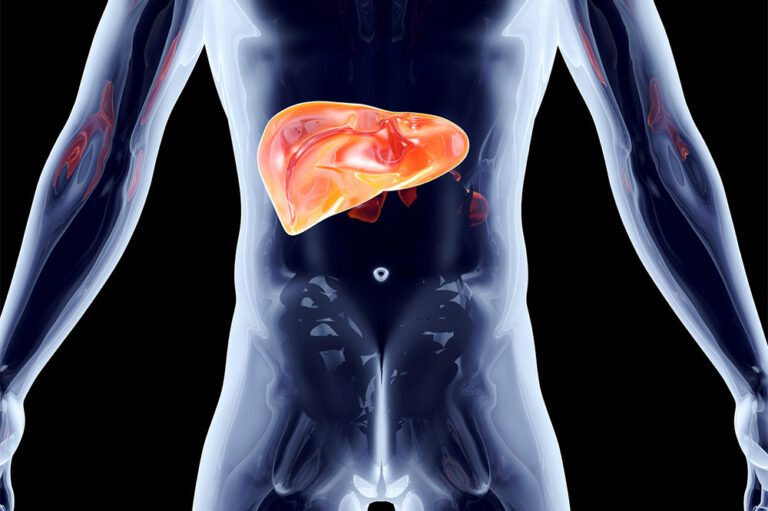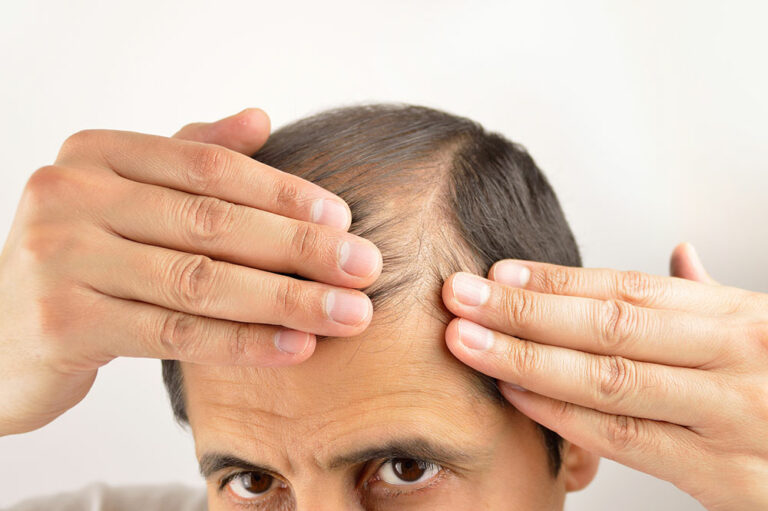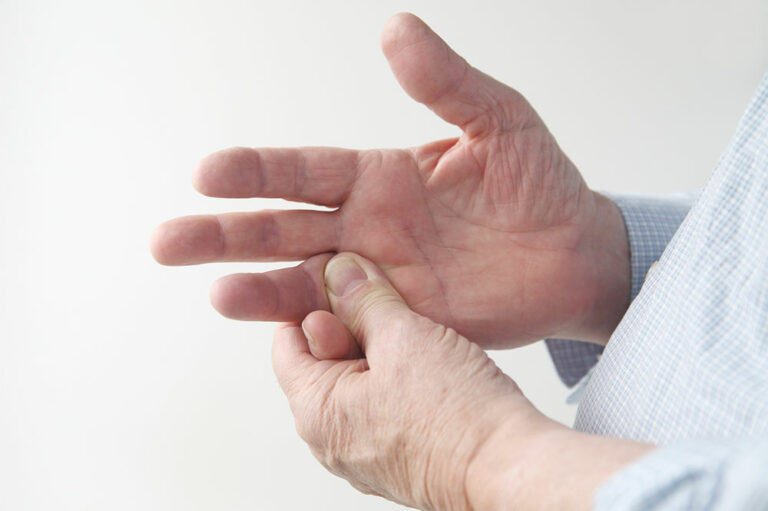
7 subtle signs that may indicate schizophrenia
Schizophrenia is a severe brain disorder where individuals start to perceive reality in different ways. Studies indicate that mental illness affects about 1.1 percent of the adult population in the country. Treatment methods, therapies, and coping mechanisms can help an individual cope with the condition. However, diagnosing the disorder may take time as the symptoms do not surface until later in life. So here are seven subtle symptoms that may indicate the development of schizophrenia.
Social withdrawal
One of the signs that are easy to miss is social withdrawal. Here the individual may exclude themselves from opportunities for social interactions. The person may not avoid talking to others because they believe no one understands them. The sign may eventually lead to social isolation, where the individual may also avoid talking to friends and family members. Social withdrawal, when left unchecked, may also lead to depression – a symptom of schizophrenia.
Outbursts of negative emotions
Signs like hostility, extreme reactions to criticisms or jokes, suspiciousness, and impulsivity are signs seen in the general population. But there’s a chance that people with anger issues or those who always doubt others might be experiencing early signs of schizophrenia. Unlike others, an individual in the early stages of schizophrenia may exhibit sudden negative emotions for no apparent reason.
Poor hygiene
Several individuals often go from being particular about regular hygiene to gradually not caring about it at all. They might neglect washing clothes promptly or wearing the same clothes. Other hygiene concerns include not brushing their teeth. Poor hygiene generally stems from mental or emotional disorders, including severe depression and psychotic disorders like schizophrenia.
Sleep disruptions
A person in the early stages of schizophrenia might start to experience gradual symptoms of disruptions in their sleeping patterns. One symptom is insomnia, where the individual may find it difficult to fall asleep or fail to sleep for an adequate amount of time. Excessive sleep is another sign that may indicate a mental health condition. Here the person may sleep for eight hours and still feel drowsy after they wake up.
The flat affect
Most people express an emotional state when they are happy or upset. These emotions can be heard in the individual’s voice or noticed in their expressions. However, emotions one experiences are not visible through expressions. This phenomenon is known as the flat affect; people with the symptom may seem uncaring or unresponsive to others. But the flat affect is a possible early sign of schizophrenia that must be tackled immediately.
Pseudobulbar affect
The pseudobulbar affect (PBA) is a health condition where the person may experience sudden episodes of uncontrollable and inappropriate laughing or crying. And these emotions might seem normal most of the time, which makes it difficult to diagnose a mental illness. Usually, the condition goes undiagnosed or is considered a mood disorder. But if such a symptom is suspected, it might be the root of the severe mental health disorder. On the contrary, someone in the early stages of schizophrenia may also be incapable of expressing joy or crying when faced with an emotional situation.
Childhood signs
Babies or toddlers may experience signs and symptoms of schizophrenia that are different than those in teens and adults. These signs include longer periods where they are sluggish or inactive, hindrance in crawling, walking, or talking, a slumped posture, and irregular movements like rocking or flapping their arms. Older children may be unable to differentiate between aspects including reality and dreams, tv shows, and stories. Hearing fictional sounds like whispers or voices telling them what to do is another sign that the child might be experiencing a symptom of schizophrenia. They may also experience symptoms like acting like a much younger child, anxiety, and the fear of someone hurting them.












